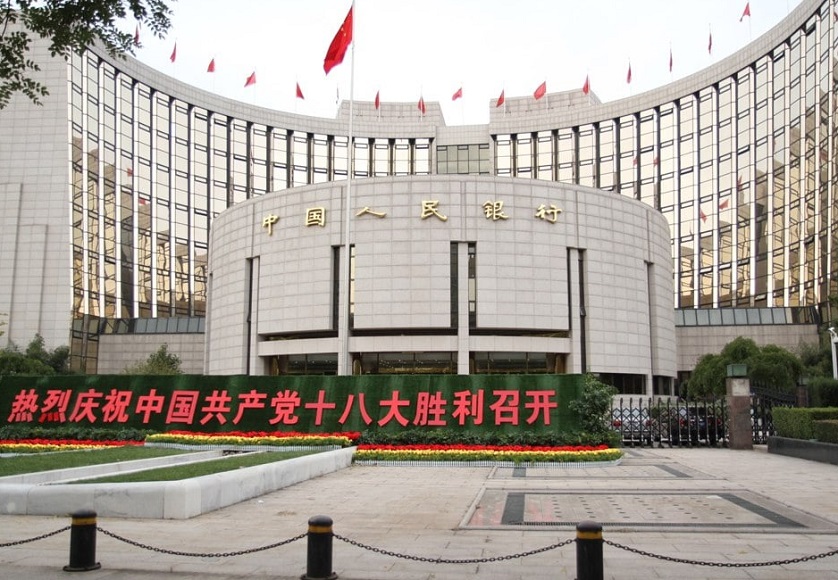The discussion on Pound, the new cryptocurrency announced by Facebook for the next year, is enriched with new chapters every day. Political reactions, in particular, have been very strong and characterized by considerable fear, the one triggered by the ambition that seems to characterize the development plan of the virtual currency prefigured by his Whitepaper. Ambition that to many seemed immoderate and which in fact seems to be preparing the way for a digital currency that can even compete with the imperial power of the dollar. So much as to push sectors of the US Congress to ask to postpone Libra's debut on the markets, so as to be able to prepare a regulatory environment capable of placing precise stakes and preventing it from taking on a threatening aspect.
China's answer
La China it is one of the countries that in recent years have shown considerable opposition to digital assets, suspected of being able to represent a problem of no small importance for the financial stability of the Asian country. So much to close some exchanges and to consider the idea of ban on the mining of virtual currencies.
Libra's arrival seems to have once again produced fears in the monetary authorities of Beijing, precisely because of the unusual strength that Facebook's cryptocurrency could assume, leveraging on the social media of Menlo Park and its branches. Fears which have been made explicit by Wang Xin, head of the research institute of the People's Bank of China, according to which a widespread use of Libra for online payments, in particular international ones, would automatically transform it into a real threat to monetary policies, financial stability and the international monetary system. A danger which consequently requires a decisive response from China.
China towards its digital currency?
The answer that is being discussed in these hours in Beijing, precisely to try to contain the danger represented by the Facebook stablecoin, would materialize in the form of a virtual currency. A measure that would be necessary in the event that Libra is closely associated with the US dollar. A similar scenario would in practice make the dollar and the United States the main actor of the international economy, triggering a series of economic, financial and even political consequences that are not easily foreseeable.
This is why the People's Bank of China has requested and obtained government authorization to start studying a new digital currency, in whose launch various institutions would be called upon to participate, including the academic world. It is to be interpreted precisely in this sense the launch of one digital finance study attended by researchers from Peking University, Zhejiang University, Renmin University and Shanghai Jiao Tong University.
In short, everything seems ready for a real change of scenery in a country that for a long time has opposed digital assets, precisely because of their desire for decentralization, an indigestible concept for a China that nevertheless wants to prevent finance from assuming a position of excessive force towards politics.



